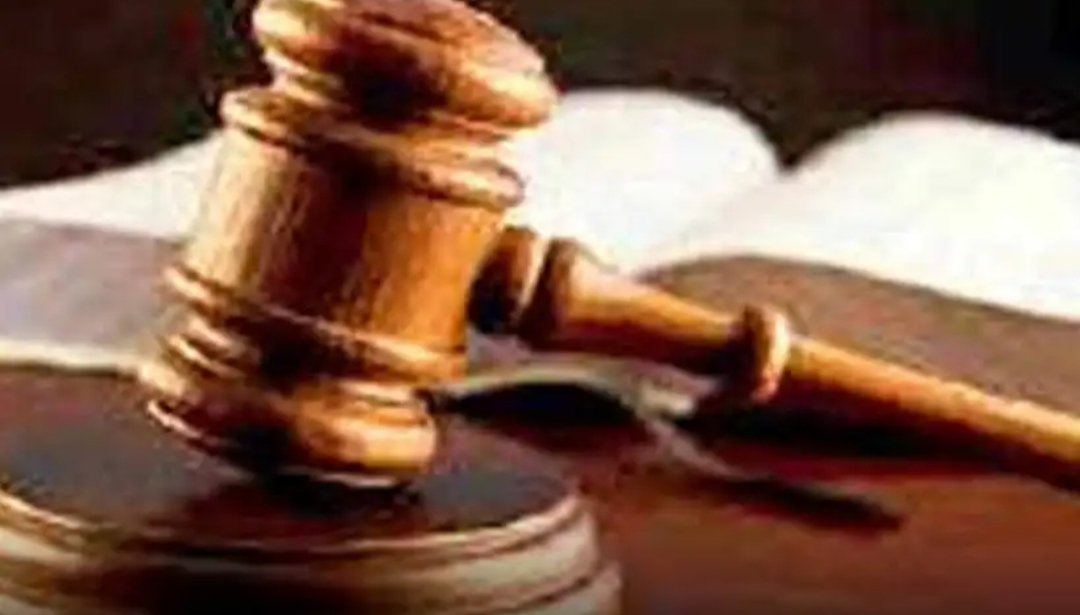Keypoints:
- The Supreme Court on Tuesday termed as “unfair” the submission that Maharashtra was not heard fully.
- Earlier, it had stayed the implementation of the state law to provide reservation to Marathas in jobs and education.
In the months of October, the Supreme Court had stayed the implementation of the 2018 Maharashtra law granting reservation to Marathas in jobs and education.
On Tuesday, the Supreme Court termed the submission as “unfair” that Maharashtra was not heard fully when it had stayed the implementation of the state law to provide reservation to Marathas in jobs and education.
The pleas were listed by the bench comprising justices L. Nageswara Rao, Hemant Gupta and Ajay Rastogi stating that the pleas seeking to lift the stay on quota law for hearing after four weeks.
The Senior lawyer Mukund Rohtagi appeared for the Maharashtra government during the brief hearing, he said that the state was not heard fully at the time of passing of the order.
During the hearing conducted via video conferencing, the bench observed “this is not fair”.
The apex court had stayed the implementation of the 2018 Maharashtra law granting reservation to Marathas in education and jobs last month, but made it clear that the status of those who have availed of the benefits will not be disturbed.
For 30 percent of population in Maharashtra, the Maratha community accounts cannot be compared to the marginalized sections of the society, it said, adding this as mandated by article 145(3) of the constitution, these appeals challenging the high court order on the Maratha quota require to be considered by a larger bench.
The top court said, “In view of our decision to refer these appeals to a larger bench, we do not consider it necessary to adjudicate on the other points raised by the applicants”.
Reservation can be granted only if a particular community is named in the list prepared for the purpose by the president, according to the 102nd amendment to the constitution.
The apex court had said it is of the prima facie opinion that the Maharashtra government did not show any extraordinary situation for providing reservations to Marathas in excess of the 50-per cent cap fixed by the court in its 1992 verdict, also known as the “Mandal verdict”.

